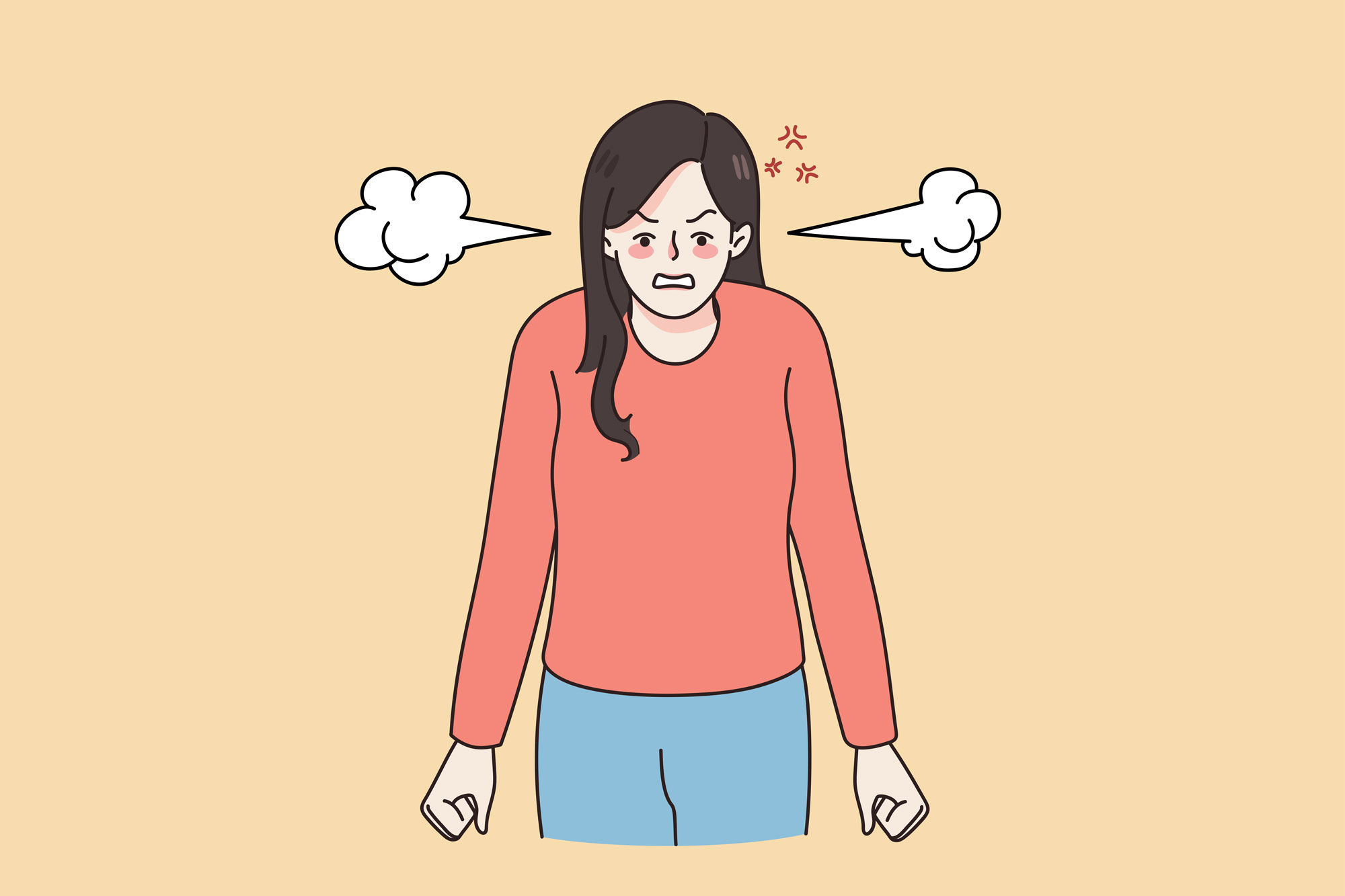
NLRB says discipline for employee outbursts depends on the setting
Imagine an employee in a workplace meeting stands up and—in a profanity-laced tirade—calls the manager several names not fit for print. Most employers would immediately discipline, if not fire, the employee for violating any number of workplace rules, such as insubordination and disrespectful behavior. In a recent ruling, the National Labor Relations Board (NLRB) says, “Not so fast, employers.”
Backdrop
Section 7 of the National Labor Relations Act (NLRA) protects employees’ rights to self-organize, form and join labor organizations, bargain collectively, and—important to this discussion—“engage in other concerted activities for the purpose of collective bargaining or other mutual aid or protection.”
Most people associate this language solely with unions and union activities—imagine Norma Rae standing on top of the textile tables with the handwritten “Union” sign in the air—but this provision reaches more broadly to any concerted activity for the purposes of improving working conditions (such as wages, hours, and other work-related conditions), not just those aimed at forming unions or working on behalf of a union.
As the NLRB noted, “disputes over wages, hours, and working conditions are among the disputes most likely to engender ill feelings and strong responses,” and many protected activities involve butting heads with the employer regarding the way it is running its business vis-à-vis the employees.
With that, the Board determined in a series of cases that an employer can’t simply claim insubordination as a basis for firing or disciplining an employee who speaks out. Rather, how the employee spoke out and the circumstances surrounding the actions mattered.
Out of this backdrop came several cases that applied varying standards for determining if an employer’s discipline of an employee for inappropriate outbursts was protected for social media, in-person, and picket-line activities.
Wright line standard
Then, in 2020, the Board issued an opinion in General Motors LLC, in which an employee had been fired after verbally accosting a supervisor with profanity, making a racially offensive caricature, and playing loud music that contained profane, racially charged, and sexually offensive lyrics during a meeting.
In General Motors, the Board adopted a single standard, called the Wright Line standard after the case of the same name. The standard required the NLRB General Counsel to show initially that the employee’s Section 7 activity was a motivating factor in the discipline. If the Board can make this showing, the employer could rebut the Board’s case by showing that it would have taken the same action even without Section 7 activity, such as if the employer disciplines other employees for similar behavior in the absence of protected activity.
On May 1, 2023, following some changes to the political makeup of the NLRB, the Board revisited its decision from General Motors in the Lion Elastomers LLC II case.
Settings matter
In Lion Elastomers LLC II, the NLRB addressed the employer’s discipline of an employee who was also a union member. The employee had verbal altercations with management on two occasions—once while being questioned about grievances he had filed on behalf of other employees, and later in a safety meeting in which he was alleged to have made misleading, inflammatory, and disruptive comments.
Expressly overruling the General Motors LLC case, the Board in Lion Elastomers LLC II determined the motive of the employer wasn’t the relevant factor. Instead, it returned to a settings-specific approach—meaning that different standards are used in different settings. For cases like this one where conduct is directed toward management in the workplace, the Board will look at:
- Where the discussion took place;
- What the subject matter was;
- What the nature of the employee’s outburst was; and
- Whether the outburst was provoked in any way by an unfair labor practice.
When an outburst is made over social media or among other employees, the Board will look at the “totality of the circumstances” to determine whether the conduct is protected. And when the employee conduct at issue is on a picket line, the Board will question whether, under all of the circumstances, the conduct might coerce or intimidate employees in the exercise of rights (for example, if a picketer threatens another employee who isn’t striking).
Of particular note, the Board rejected the idea that an employer has complete freedom to police employees’ civility when they are engaged in Section 7 protected activity. In other words, an employee who yells profanity at a supervisor in front of other employees after receiving news about changes to hours or pay may be protected by the NLRA, whereas an employee who similarly yells profanity or is rude or disrespectful for reasons unconnected to the terms of employment may not be protected.
The Board also noted it didn’t find the case to conflict in any way with the antidiscrimination laws by which employers must abide and therefore didn’t have to decide whether the standard would need to be reassessed in that scenario. The Board left open the issue of whether the setting-specific inquiry would need to be amended in a case where its use would cause a conflict with antidiscrimination law. Lion Elastomers LLC II.
Key takeaways
A few key pointers for employers from this decision:
- Don’t think that a union-free workforce means the NLRA and the Board decisions don’t apply to you. The Act applies to concerted activity that includes challenges to workplace conditions, such as wages, hours, and other workplace circumstances even in the absence of a union.
- If an employee engages in rude, disrespectful, insubordinate, or profane behavior toward management, consider whether the outburst was in response to a circumstance protected by Section 7 before taking action. For example, the employee in Lion Elastomers LLC II challenged the employer’s workplace safety in a safety meeting. If the outburst is in such a setting, you should carefully consider how you respond.
- The Board distinguished outbursts from abusive or threatening conduct. Abusive or threatening conduct isn’t protected by the NLRA.



